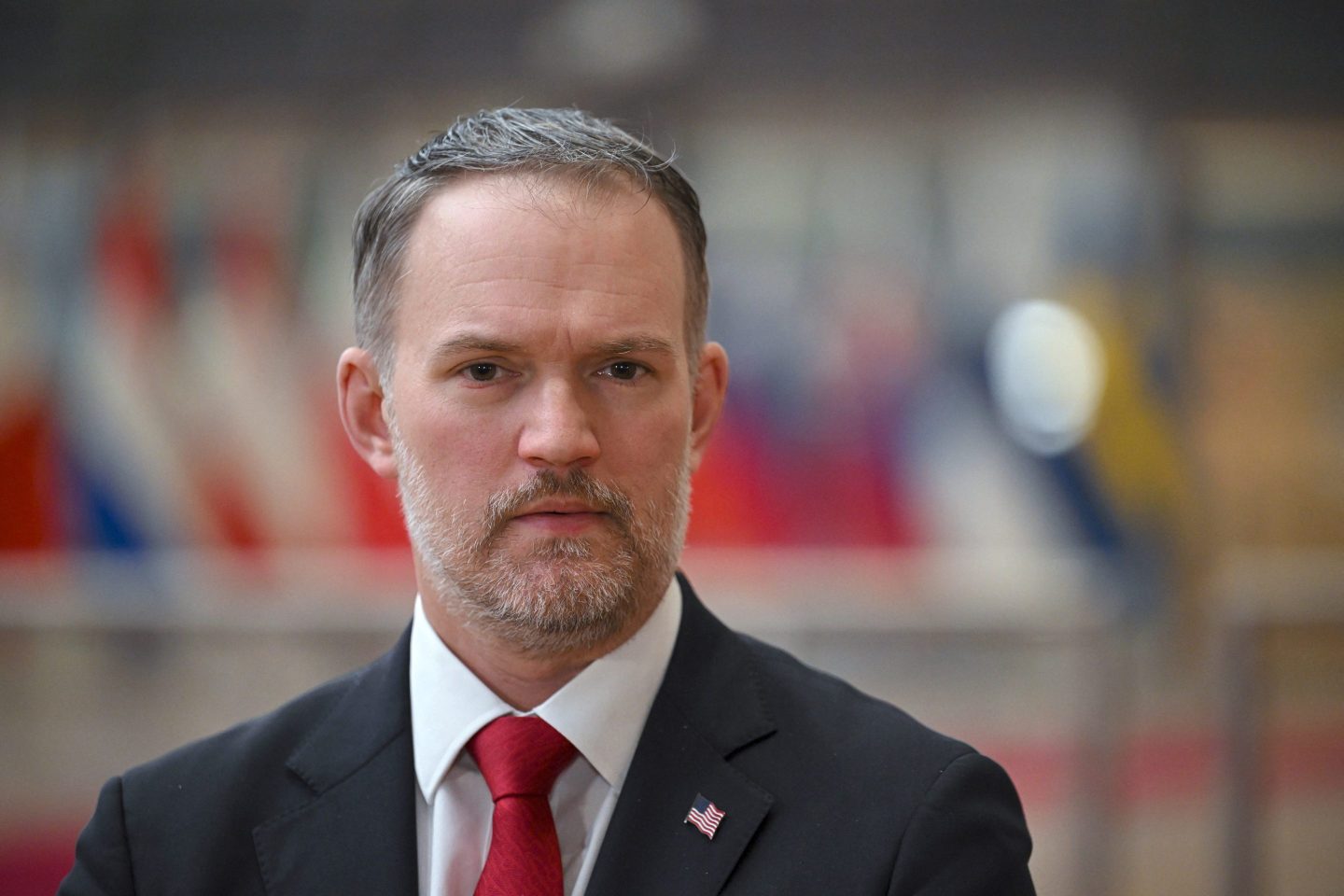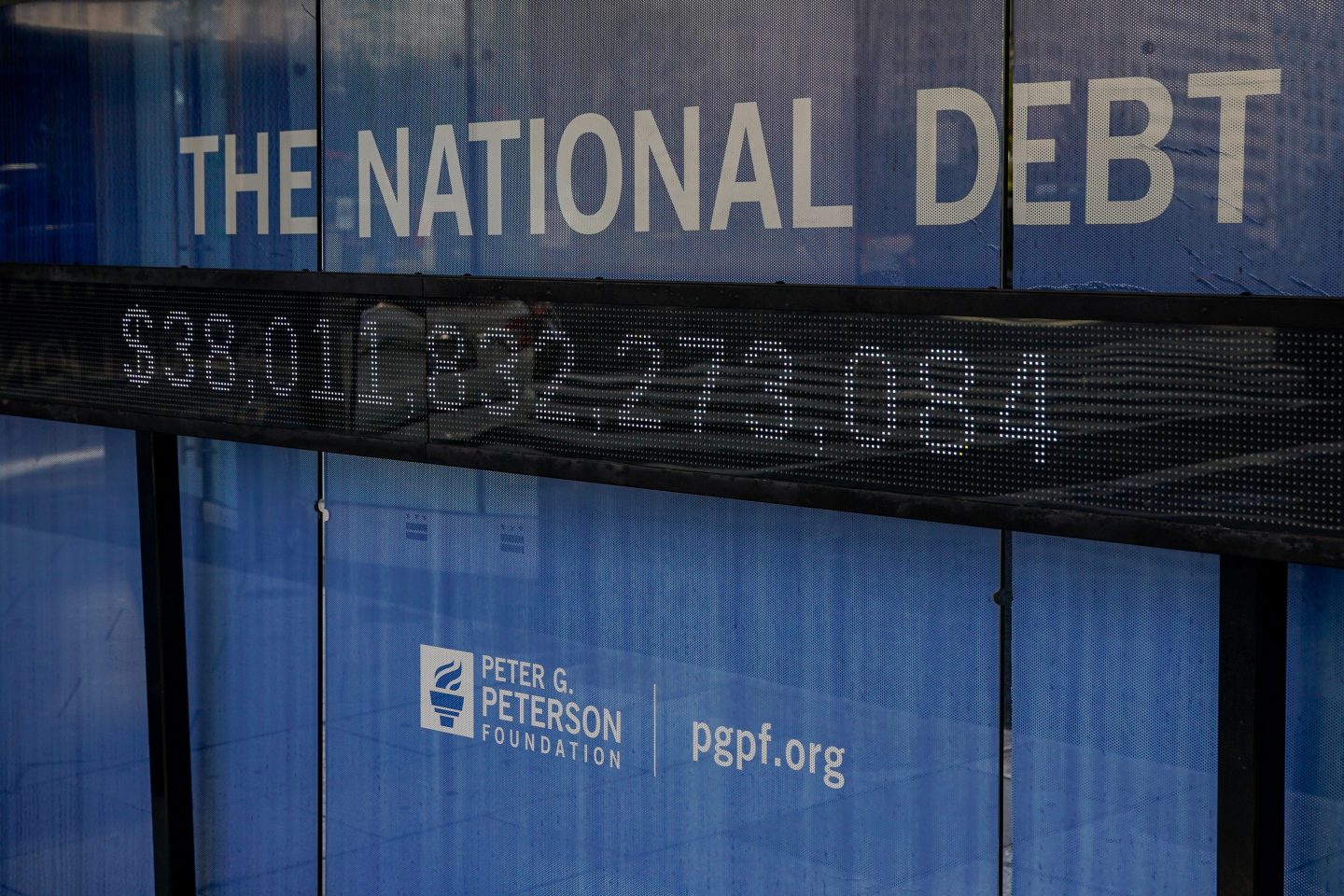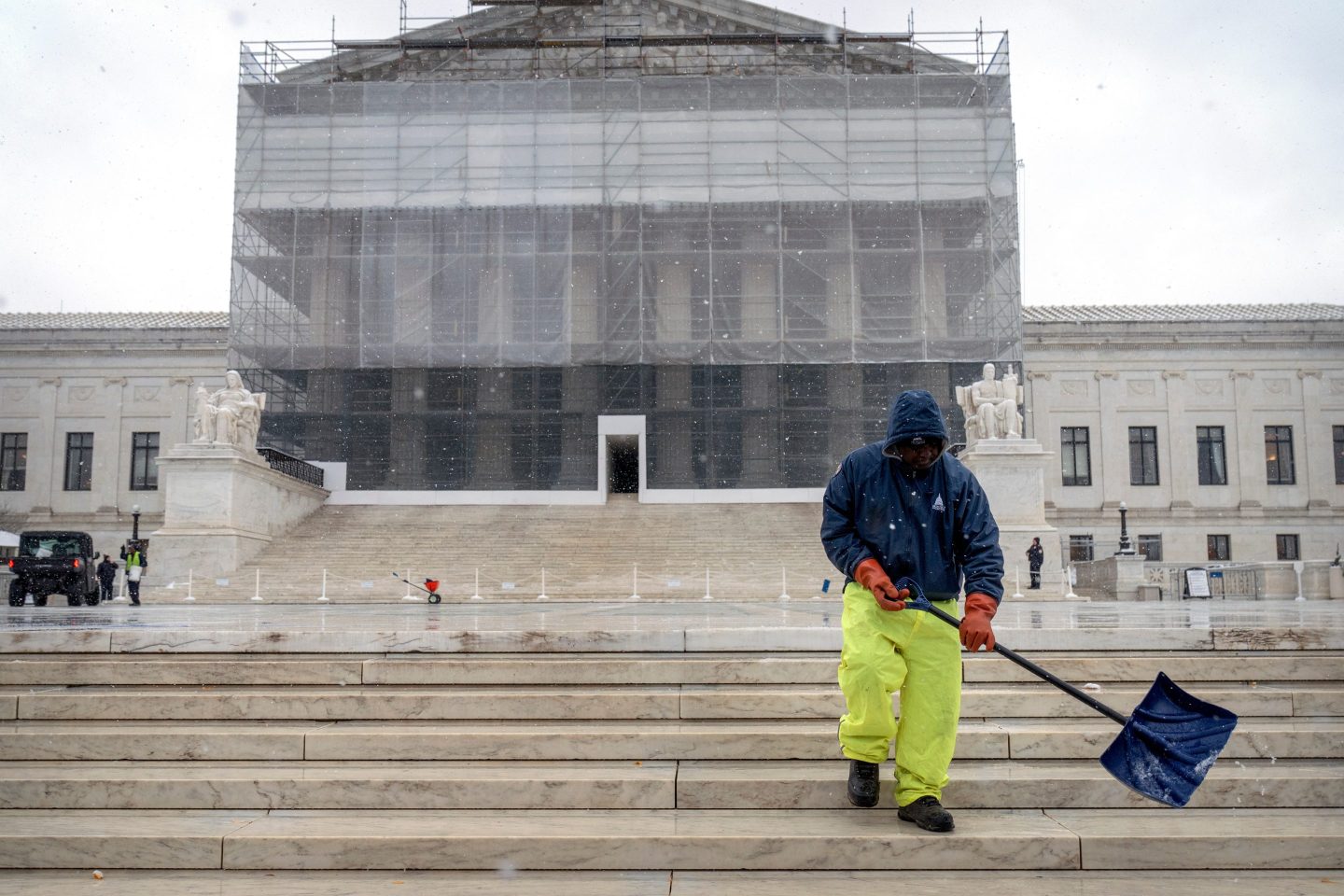We had a busy week just last Monday and Tuesday at Fortune’s green business conference in Pasadena, Calif. There’s been a ton of coverage of what went on, especially the launch of an all-electric car, the Think City, in the United States by the Norwegian company Think Global and its North American investing partners, Kleiner Perkins and Rockport Capital. I moderated six panels at the conference, and though it took me a few days to mop up afterward, I thought I’d offer a few thoughts on each. The one comment I heard most frequently at the conference was how pleased the business people there were to find environmentalists willing to have reasonable conversations with them about solutions to the global climate change problem, and, conversely, how excited the enviros were to find so many high-level business types (not just the ghettoized “corporate and social responsibility” types) taking the conversation so seriously — all under the Fortune banner.
1. Think. What was particularly cool about the Think launch is that the Think crowd, let by CEO Jan-Olaf Willums, brought two cars with them to Pasadena, one of which was available for test drives. I drove one, and liked it a lot. It can go 65 miles an hour and travels 110 miles before the battery needs to be re-charged. Think is an involved story. Willums, a repeat entrepreneur, bought the assets of the company out of bankruptcy from an investor group that in turn had bought them from Ford , which had sunk $150 million into developing Think before abandoning the project.
Today, the company is sprinkling a handful of cars around Europe. Then it will see if it can crack the California market. Rockport Capital partner Wilber James, who sported the only handlebar mustache at the conference, got into Think Global a couple years ago. He holds his own with Ray Lane, the ex-Oracle executive who is staking his investing career on a big play in electric cars. Other than Think, Lane has invested Kleiner’s money in Fisker Automotive (currently involved in a “ridiculous” suit — Lane’s words — with Tesla Motors, which says Fisker founder Henrik Fisker stole their ideas) and a third company he won’t identify.
As far as the U.S. is concerned, Think is more show-and-tell than anything. The cars won’t hit the road until 2009 at the earliest, and the partners haven’t worked out pricing, who their electric-utility partners are going to be (utilities love the idea of electric cars) or even where the vehicles will be manufactured. Having said that, the car is innovative. Think plans to sell the car but lease the battery on the thinking that battery costs will equate more in the buyer’s mind to gasoline prices. I’m in the target market: urban dwellers with short commutes who aren’t hung up on luxury trappings. I’d love to have one. Hurry up guys!
2. “Clean” coal. Before lunch on Monday I hosted a roundtable that asked if clean coal is an oxymoron. It was easily the most intense and enjoyable event of the conference for me. I’ll boil down the argument into two camps. Camp one: the coal industry, led by David Crane, CEO of the coal-powered utility NRG and John Lavelle, president of General Electric’s and, though he didn’t overtly say he was against clean coal, Saul Griffith of Makani Power, a super-interesting MacArthur “genius” and entrepreneur.
Proponents of clean coal argue that coal is here to stay, that the Chinese and Indians are growing their coal capacity faster than the U.S. is, and that the best solution is to spend on technology to achieve the goal of clean coal. The opponents argue that even a dime spent on anything other than renewable fuels is misspent and furthermore that coal denudes mountaintops, gives people cancer and otherwise ruins life as we know it. Despite my caricatures of characterization, each side made compelling arguments. It was fascinating.
3. Wall Street and climate change. On this panel I had various executives from Bank of America , JP Morgan Chase , Lehman Bros. (the banker with the best name in the biz: Theodore Roosevelt IV), and Ceres, a firm that advocates for socially responsible investing on behalf of oodles of dollars of pension-fund and endowment money. The gist of this panel was that Wall Street is incorporating global warming into its normal shtick, be that giving investment advice, attacking a lucrative market or encouraging its clients not to be polluters. There’s a bit of a feel-good patina to this, in my opinion. “Green” to the investment banks isn’t really that different from, say, steel or chemicals, in bygone eras. It is a PR opportunity, however, and it’s also a net positive that these influential firms are thinking about and doing the right thing, at least as they see it and as best as they can.
4. The skeptical environmentalist. Another highlight of the conference for me. I interviewed onstage Bjorn Lomborg, a Danish political scientist and statistician who is one of the leading voices against the mainstream approach to combating global warming. It’s way too tough to boil down Lomborg’s philosophy in a paragraph. But I’ll try. He thinks global warming is real and man-made, but he thinks it’s not nearly the greatest crisis facing humanity (world hunger, for example, would rank higher in his book), and he believes policies like the Kyoto protocol or proposed cap-and-trade schemes pending in the U.S. Congress are wastes of time and money. Lomborg has written two books on the subject, The Skeptical Environmentalist and Cool It.
In general, he’d rather see money invested in technology to combat global warming than regulation that enforces behavior that won’t greatly affect the problem. Lomborg is extremely controversial. Most environmentalists hate the guy. They think he’s a liar, that he fudges the facts and that he’s a toady of the “deniers,” people who believe global warming doesn’t exist. The write-up David Roberts did of my interview gives you a good sense of that perspective. I happen to think Lomborg makes a lot of sense, and that his perspective is totally worth considering. Even if you believe that global warming is an abject crisis, I simply reject the argument that it’s a bad idea to test your beliefs by listening to someone who disagrees or who is proposing a different solution. Check out an admittedly self-serving take by the noted entrepreneur Bill Gross, who was early, as he often is, to the green game.
5. Vinod Khosla. The famed venture capitalist was on his game for a 20-minute interview with me Tuesday morning. Khosla, who struck out from Kleiner Perkins to start his own firm, Khosla Ventures, also was one of the early Silicon Valleyites to get that green was going to be a big money-making opportunity. He’s built a portfolio of some 40 companies, one of which makes corn ethanol, a product currently derided by just about everyone (other than Midwestern farmers and Archer Daniels Midland Prius a good example of “greenwashing,” and said that while most of “clean coal” is bunk he is interested in next-generation coal sequestration technology. That’s the process of sticking the bad stuff into the ground, and to get a handle on its rating on the controversy meter, think about the old debate on spent nuclear waste rods. David Roberts also liveblogged my interview. Todd Woody covered it too.
6. Investing on green. For my final panel, I brought up four people who are earning their livings trying to make money on the green craze, as opposed to people whose jobs are a mix of doing good and doing well. The four were Dave Edwards, the “clean tech” analyst at Morgan Stanley; Erik Straser, who has built an investing practice solely on the subject at Mohr Davidow; John Small, who spends about half his time on green investments for the giant hedge fund company GLG Partners (GLG); and Martin Whittaker, an investor with the private-equity fund MissionPoint Capital Partners.
A very short takeaway from this panel is that despite all the noise, this field is incredibly young. There aren’t that many public companies in which to invest. That’s why solar-panel makers like First Solar have been so volatile: 52-week range of $54 to $308; currently at $286. As Straser noted, green tech hasn’t yet had its “Netscape moment.” I’d love to have all four back on stage next year for a progress report.
Some other random comments from the conference. Microsoft has a chief environmental strategist now, and he happens to be a friend of mine, Rob Bernard, who has been with Mr. Softee for more than a decade. I did a video interview with Rob that explains what a software company’s environmental strategist does … The environmental crowd is a lot of fun. I loved going to a Fortune conference and seeing lots of people I didn’t know…The food at our conference was amazing!











